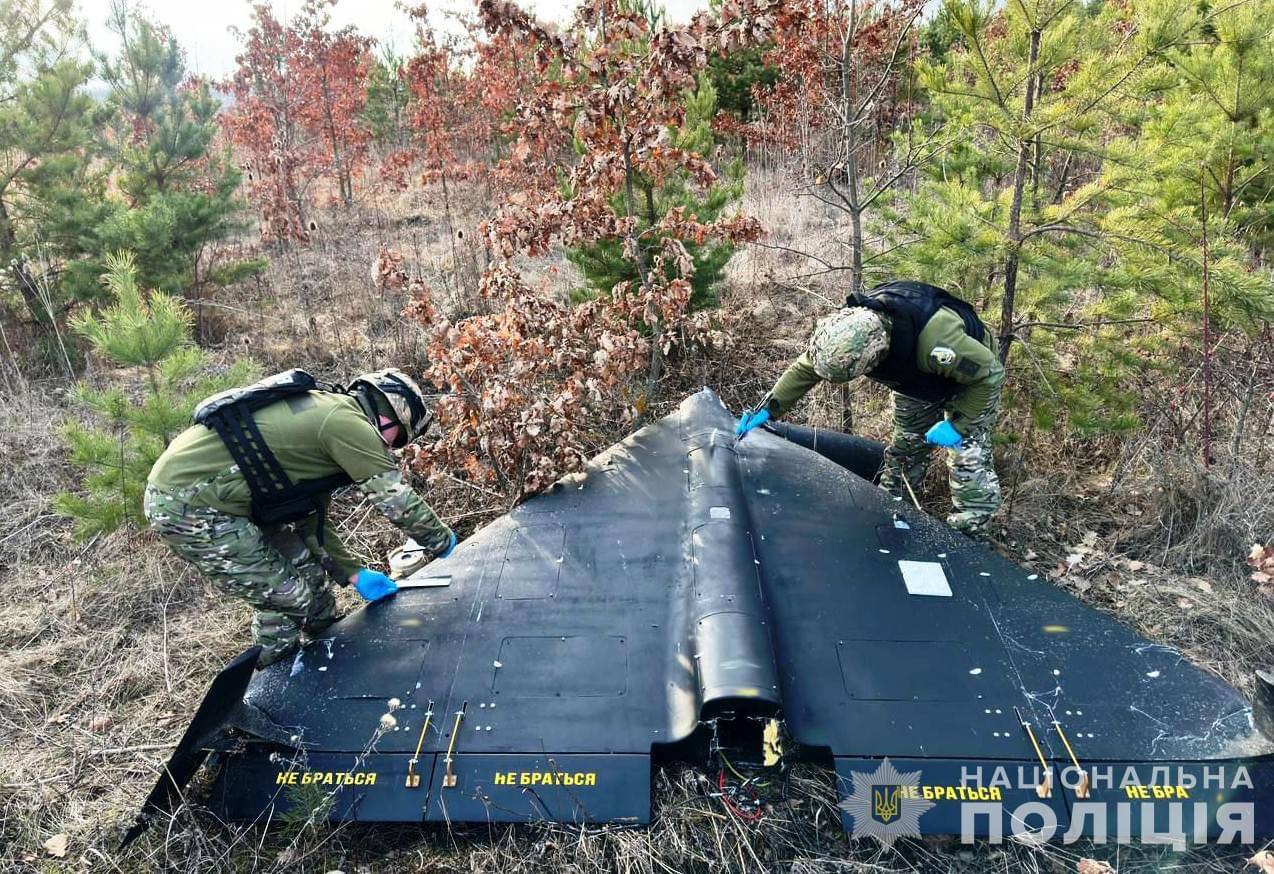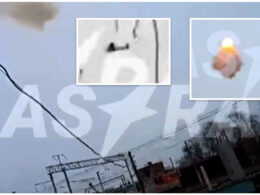The intensity of drone strikes between Ukraine and Russia has sharply decreased following Donald Trump's criticism of Vladimir Putin and Volodymyr Zelenskyy. This reduction in attacks has not been seen even after the Trump-Putin phone call, when Putin ordered a halt to strikes on Ukraine's energy infrastructure, or after last week's Russian-American talks in Saudi Arabia about a Black Sea ceasefire.
Ukrainian sees rare calm as Russia scales back
In the 1 April morning report, the Ukrainian Air Force made no mention of drone strikes, only reporting two Russian missiles.
"The enemy launched two guided air-to-surface missiles from tactical aircraft in the Zaporizhzhia direction. Both were shot down by air defense," the Ukrainian Air Force said on Telegram.
This was the first time in 2025 that Russia did not carry out a mass drone attack on Ukraine, though some drone activity continued.
"In Nikopol, three private homes, infrastructure, and an administrative building were damaged. Fortunately, no one was hurt," Dnipropetrovsk Regional Council Chairman Mykola Lukashuk wrote on Telegram.
Russia’s Ministry of Defense reported that Ukraine had also significantly reduced its attacks, launching only three overnight strikes, compared to 67 during the day and 150 on 31 March.
Trump’s words influence Moscow
This significant drop in attacks came just one day after Trump expressed his anger in an NBC interview, stating he was “very angry” and “pissed off” when Putin questioned Zelensky’s authority. Trump threatened a 25% tariff on all Russian oil exports unless a ceasefire was reached within a month. He also accused Zelenskyy of attempting to "alter the terms of a rare-earth metals deal" and linked Russia’s invasion of Ukraine to Kyiv’s NATO aspirations.
In his comments, Trump specifically warned that Zelenskyy would face "big, big problems" if he rejected a rare-earth metals deal. While Russian propaganda heavily covered the idea that Zelensky would "have problems" if he rejected the deal, Trump's remarks about Putin received minimal coverage on federal TV channels, either being briefly mentioned within other stories or ignored entirely. This muted response, combined with the dramatic reduction in strikes, suggests that Moscow is unlikely to escalate tensions with Washington after Trump's statements.
Read more:
- Trump acknowledges Russia possibly delays peace deal
- "There's a psychological deadline for Russia": Trump on ceasefire
- Trump now wants entire Ukrainian resource revenue in updated minerals pact offer





